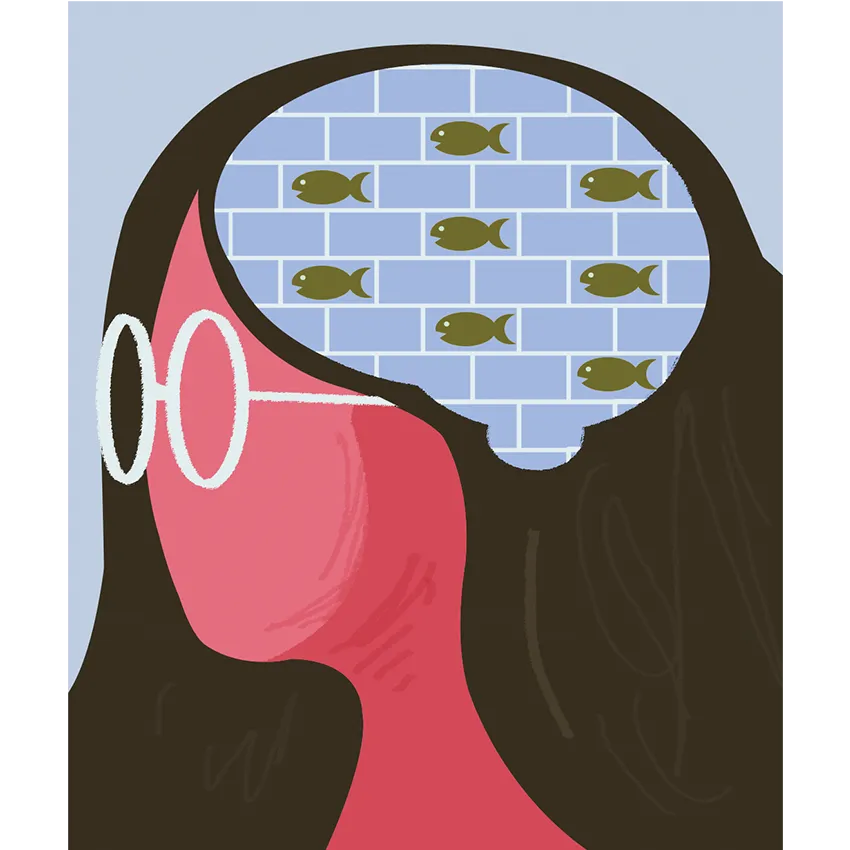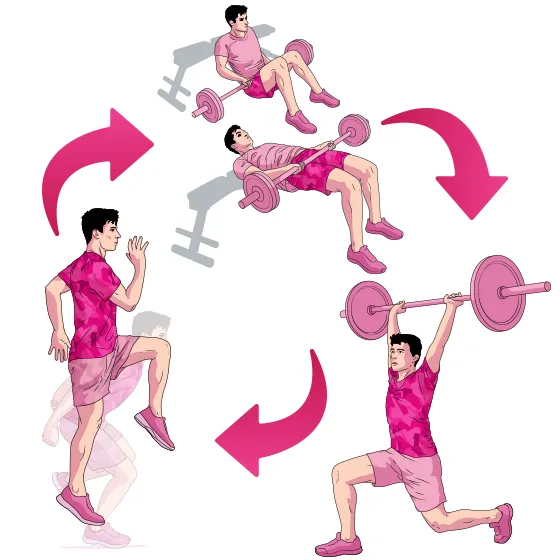The human brain is truly remarkable. At just two years old, it’s already
80 per cent developed, yet isn’t fully formed until you turn 25. On average it’s made up of 100 billion neurons, transporting information at almost 300mph, producing more than 60,000 thoughts per day.
However, just like our heart, lungs and muscles, the brain needs to be nourished, exercised and regularly challenged or it will deteriorate (it can literally shrink). The organ is intrinsically linked to stress, anxiety, depression and the gradual decline of cognitive function, known as dementia, the UK’s leading cause of death, but when we talk about mental health, rarely do we focus on the brain itself.
Chartered psychologist and author Kimberley Wilson believes it’s time that changed. She is convinced that by making small behavioural and lifestyle changes you can build a healthier brain, making it – and you – more resilient and prepared to deal with mental health issues throughout your life.
No single study has ever suggested the Western diet is good for brain health
A report published in 2020 by the Lancet Commission underlines her point. The research found 40 per cent of worldwide dementia cases could be delayed or prevented by addressing 12 avoidable risk factors, including hypertension, smoking, obesity, physical inactivity, and low social contact through to depression. For Kimberley, what we consume is largely to blame. “No single study has ever suggested the Western diet is good for brain health,” she tells LK. “It is high in sugar, refined carbs, saturated fats but low in fibre, fruit, vegetables and healthy fats, which studies have shown can collectively lead to poorer memory function after just four days.”
Thankfully, with some smart swaps, there is a solution. Here, Kimberley outlines proven strategies you can adopt to train your brain for a long, healthy and unforgettable future.

























